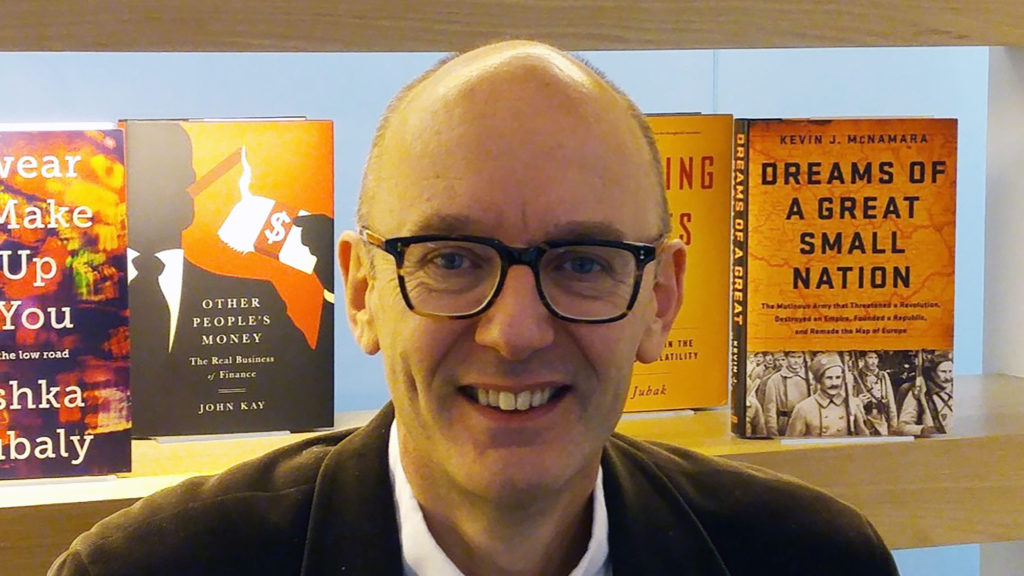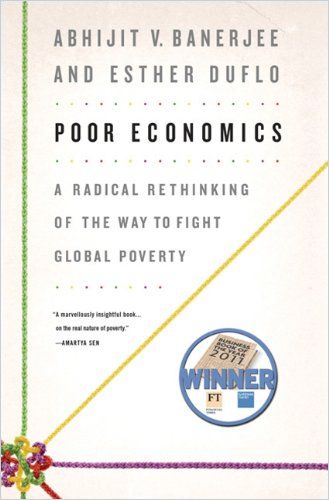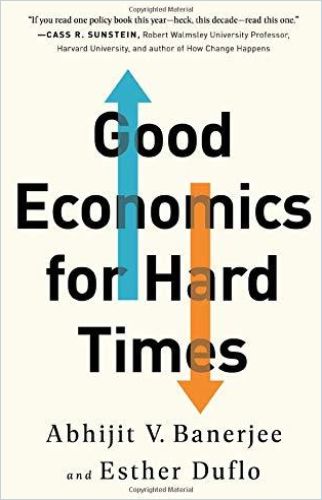“The book was always meant to be useful!”

Mr Priddle, how did your collaboration with Abhijit Banerjee and Esther Duflo come about?
We had worked together on their previous book, Poor Economics, which was a very successful partnership.
How was the editorial process on Good Economics for Hard Times? Were there discussions or even disagreements?
There were plenty of discussions but very little disagreement: once they had decided to begin this book its shape and direction were very clear and didn’t change much throughout the process.
I love working with Esther and Abhijit, because — although they are dazzlingly smart — they are receptive and responsive partners in the editorial process.
Clive Priddle
Esther and Abhijit go out of their way to include their editors. We worked especially closely with their Indian publishing team at Juggernaut on the journey.
How did you go about deciding on the title? Was it an easy decision?
This one came quite easily compared to its predecessor which took forever even though it was the title that we all had in our minds from the outset. We just forgot to tell each other!
Do you have any particularly fond memories of the editorial process?
Somehow we managed to include one of the great author-editor lunches as part of our “work” on the book, in an exquisite restaurant in Paris that had some of the prettiest food I’ve ever seen.
What does winning the getAbstract International Book Award mean to you as an editor and publisher?
I value this award because it particularly confirms that we succeeded in our overall mission, which was to make accessible cutting-edge economic thinking and scholarship in a way that people could really see how to apply it. The book was always meant to be useful!







